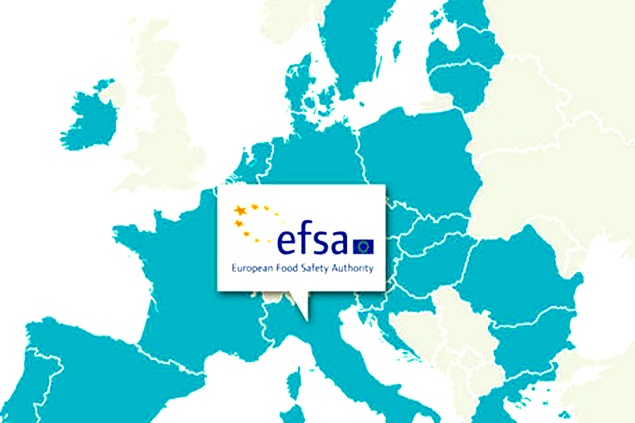1132

In recent months, there has been a significant wave of rejections by the European Food Safety Authority (EFSA) of new applications for Novel Foods, and all rejections have a common denominator: non-compliance with the Transparency Regulation.
Regulatory Context
The European Commission defines "novel food" as "food that has not been widely consumed by people in the EU before May 15, 1997." In practical terms, Novel Foods include innovative and newly developed foods, as well as foods produced through new processes or technologies.
Therefore, most cutting-edge food technology ingredients, such as many alternative proteins, precision fermentation-derived ingredients, edible insects, human milk oligosaccharides, and non-classical taxonomy probiotics, fall under the scope of Novel Foods.
Regulation (EU) 2017/2469, which regulates Novel Foods, states that new foods must first and foremost be safe, and their producers must demonstrate their safety through an authorization process before market introduction.
The procedure for Novel Foods, along with other legislative acts, is additionally subject to Regulation (EU) 2019/1381, known as the Transparency Regulation. This law became applicable on March 27, 2021, and aims to make risk assessment in the food chain more transparent, reliable, objective, and independent.
Among many other provisions, it establishes that all studies or tests supporting a scientific dossier for a new food must be actively notified to the European Food Safety Authority (EFSA) before their initiation, to demonstrate that there is no bias in the study results.
Transparency Regulation behind all the rejections
A total of 51 new applications for Novel Foods have been submitted since the implementation of the Transparency Regulation. Approximately two-thirds of these applications have not yet been reviewed (thus in the "submission" stage), and 19 have been evaluated.
Out of these, 9 have progressed to the next step ("Safety Assessment"). However, the remaining 10 applications have been rejected by EFSA - a rejection rate of 53% at the very first stage of the process.
These 10 "Rejected" applications were received between August 25, 2021, and July 29, 2022, and the reason for rejection in all cases was non-compliance with the Transparency Regulation regarding the notification of studies. Specifically:
• 60% of the cases were closed due to delayed notification (meaning these dossiers contained studies that were notified after, rather than before, their initiation).
• 30% of the cases were closed due to the lack of notification of one or more studies included in the dossier.
• The remaining 10% is a case that was closed for multiple reasons (notification delay, non-notification, a study notified but not included in the dossier).
These closed dossiers encompass a total of 79 supporting studies, of which 74 started after March 27, 2021, and therefore, were subject to the Transparency Regulation. According to EFSA's evaluation, only 5 of these studies (7%) were properly notified.
This means that 93% of the studies were not correctly notified by the applicants; specifically, 71% of them were delayed in notification, and 22% were not notified at all.
Not only animal and human studies need to be notified
From the Transparency Regulation and EFSA's guidance, it is clear that the tests and studies on which food safety will be based must be notified before their execution. Therefore, applicants generally notified toxicology studies on animals and human safety correctly and in a timely manner. However, EFSA's notification requirements go beyond these.
In fact, the vast majority (71%) of the tests reported in these rejections were related to the "Composition and Stability Data" section of the Novel Foods dossier. Specifically, 33% were compositional analyses, 20% were stability tests, and 18% were related to analysis certificates.
Consequences of non-compliance and ways to avoid them
All rejected applications have faced the same consequence: a 6-month penalty. After this period, these dossiers can be resubmitted, and the previously notified tests do not need to be repeated.
This may sound somewhat relieving, but an additional 6 months in an already lengthy process can be truly detrimental to applicants.
Therefore, it is crucial for applicants to be fully aware of this situation to carefully plan ahead and effectively coordinate all parties involved in their new food processes, from research and development to regulation to production and quality.





